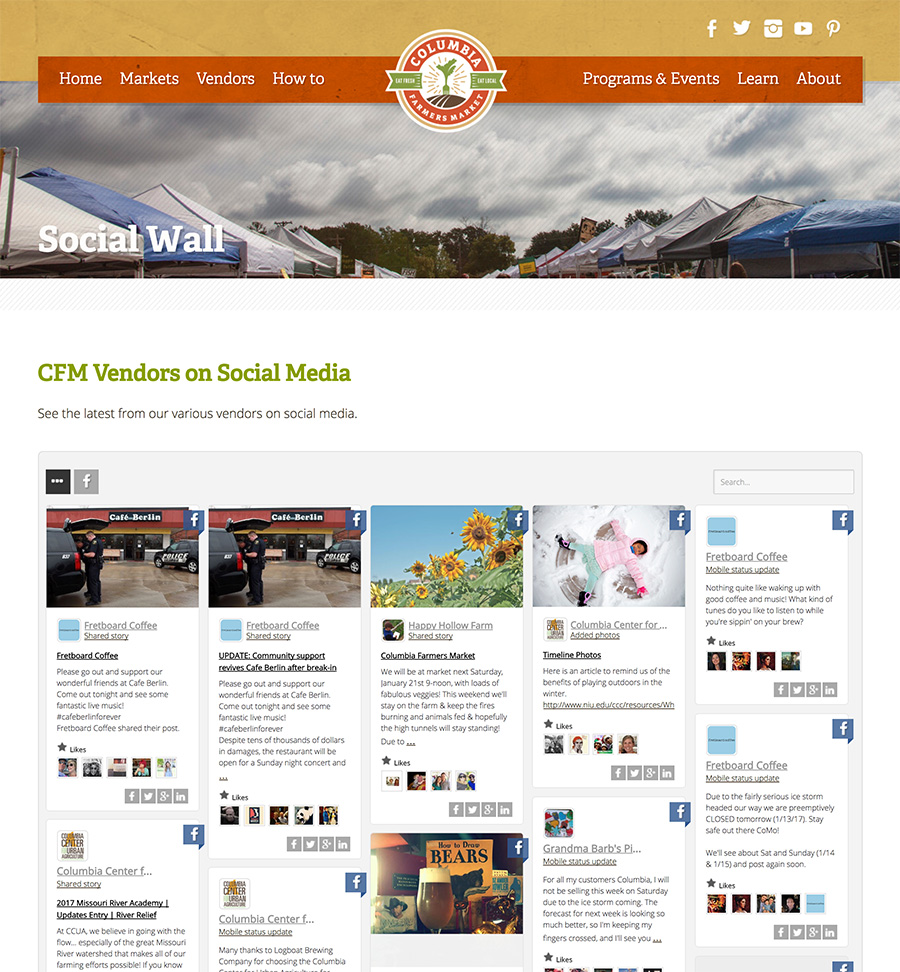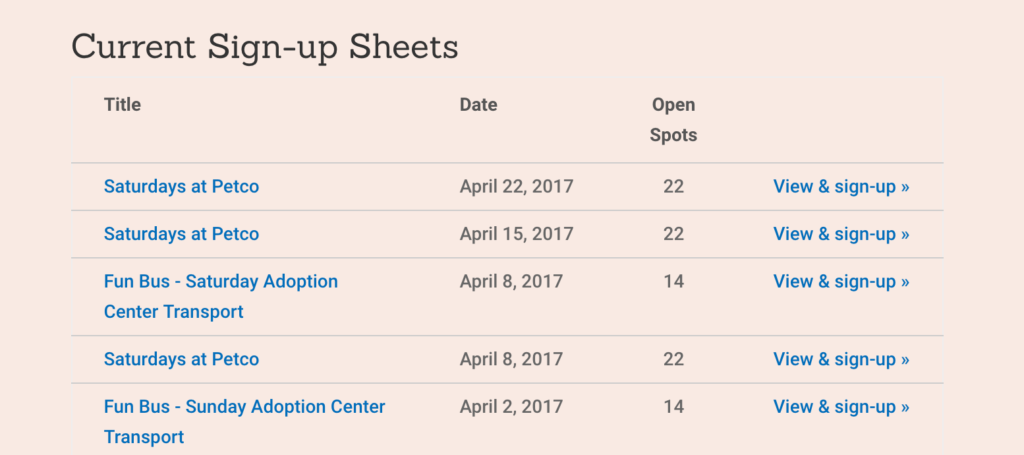Almost every business nowadays has an online presence, and the core of that is their website. However, there is a big difference in having just any website and having a great website. When creating a website for any type of business or organization, there are four foundations that should be considered in order to take the site from being mediocre to being great.
web design tips
A non-profit’s website should be a jumping-off point for visitors, helping educate and inform them on the core mission and values of the organization. From there, it should serve as a platform to convert them into a donor or volunteer, buying into the mission and helping to further the overall goals.
Powerful non-profit website design accounts for the fact that some people are ready to commit to the cause while others are just beginning their investigative journey.
With this in mind, let’s talk about four ways to pack more power into your website, ensuring it has value for visitors seeking to learn more about your organization and cause.
Use your blog wisely
Connect with like-minded people by sharing your successes and the positive impact of the organization regularly.
Having a blog is good for communicating with constituents regularly, but it’s also great for search marketing, as it helps your site appear relevant to Google. By focusing on regular content, your site will continue to be found, which in turn, helps share your mission and goals with others.
Use your blog to educate in an informal environment, showcasing success stories, video testimonials and press releases.
Also, make sure to keep people in the loop regarding upcoming events, plus, share photos from past events to show them what they might have missed.
Boost social media activity
Make those social sharing buttons pop to entice visitors to check-out what’s going at Twitter, Facebook, LinkedIn, YouTube, etc.
Because people enjoy media in different ways, you will engage a larger following by diversifying your online presence and focusing on multiple platforms. But remember, only focus on as many as you can actively manage. No one likes outdated social media accounts that sit there empty.

Also consider having a “social wall” or clearing house for all your social accounts in once place on the website. Here, users can quickly see all your recent activity from across the various platforms, as well as related activity, such as posts you’re tagged in, or posts from affiliated accounts.
Grow your email outreach list
Whether it’s a first-time visitor or a returning donor, you need to make sure email collection is part of the process.
Email addresses allow you to reach out to individuals directly and at less cost than other marketing means, so make it a goal to grow your email list.
Services like MailChimp, AWeber and Constant Contact make it easy to setup and manage a list, and many donor database applications integrate with email marketing platforms to ensure the lists can be used for future outreach.
Also consider grabbing a browser’ attention by offering exclusive content in exchange for their email address.
Offer fundraising and volunteer opportunities for those ready to commit
Volunteers are the heart and soul of many non-profits, so make it easy for them to sign up and get involved.

Through volunteer portals and email lists, you can ensure they’re ready to serve and get mobilized. A great website showcases the current volunteer openings and makes it simple to sign up.
Following these simple tips will help you take a generic “brochure site” to the next level, a website that is ready to inform and engage. At Hub & Spoke, we regularly work with non-profits, helping tell their story while finding them focus for their marketing and creative design.
Considering a website redesign? Before you go any further with your project, stop and read this article. You may have plenty of ideas about what you think should be included in your new design but just as important are the things you should NOT do on your website redesign.
